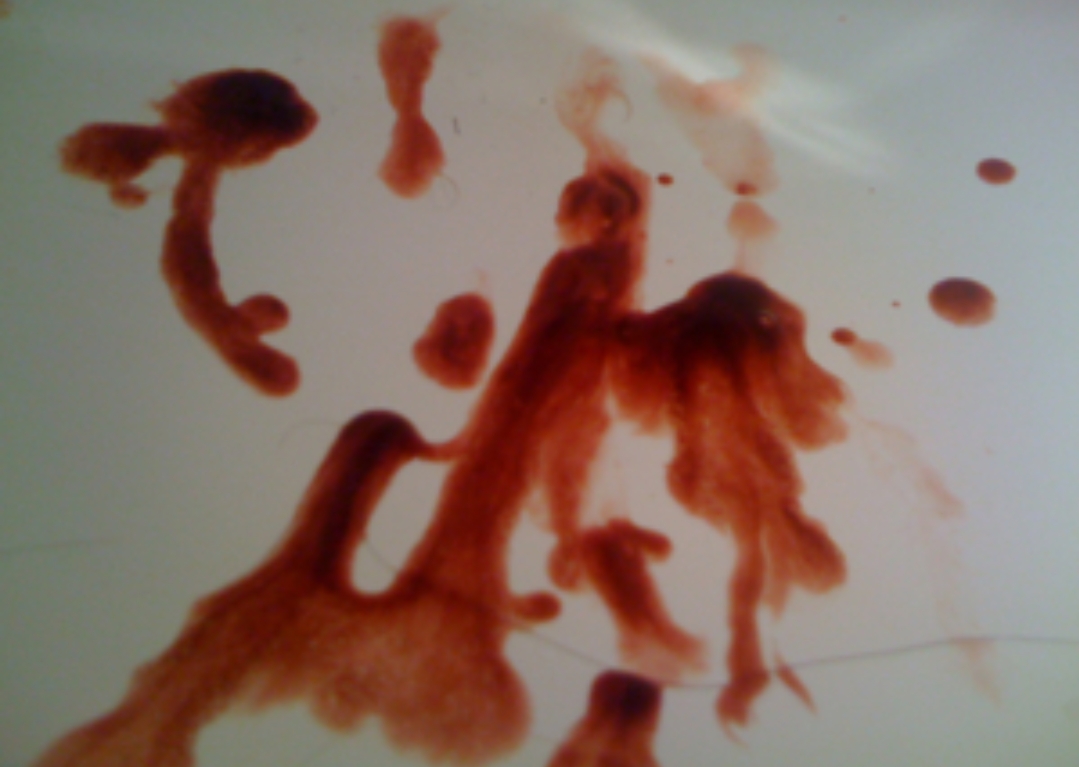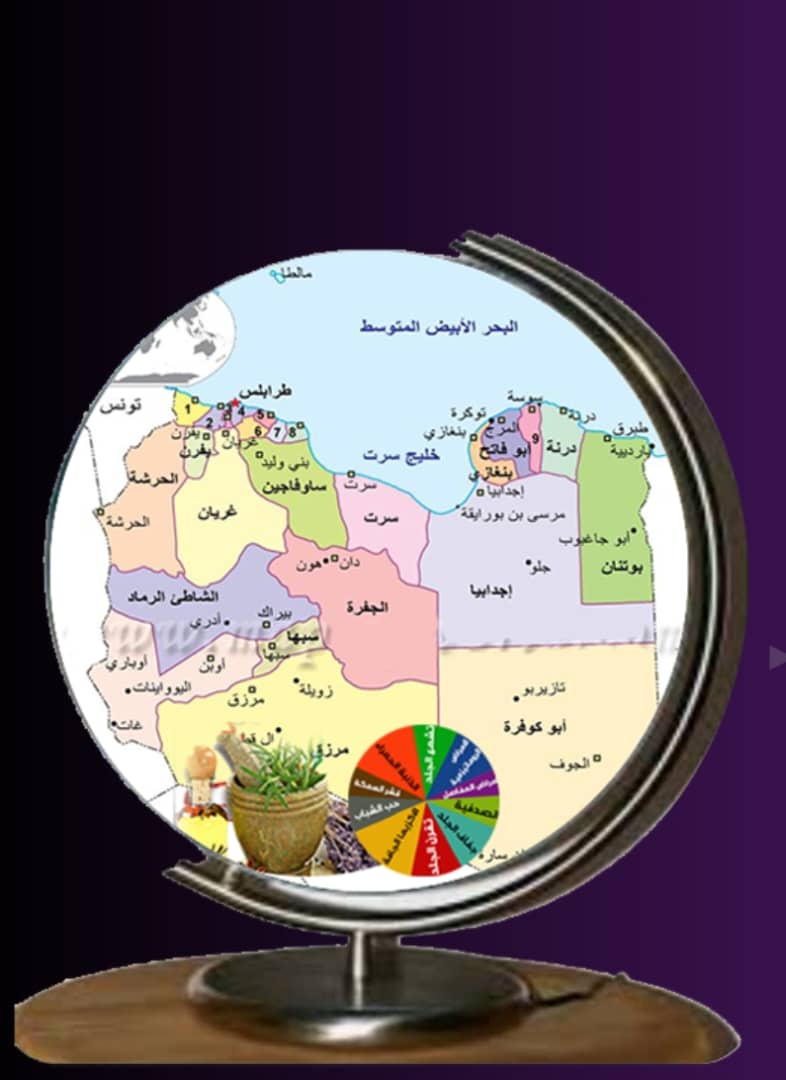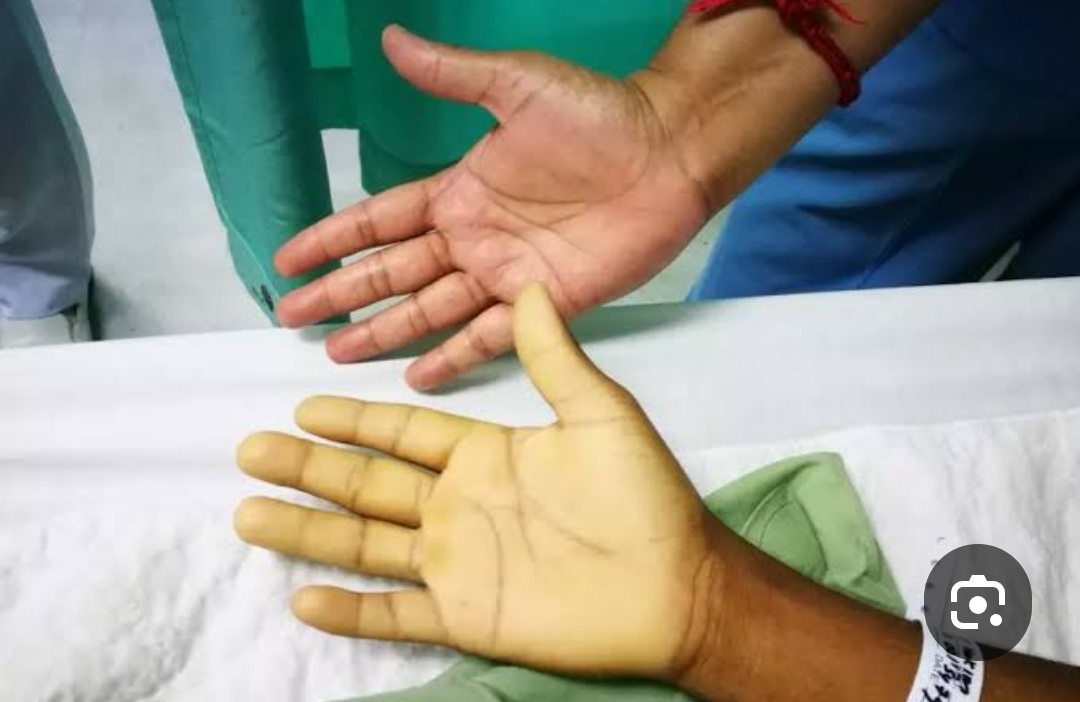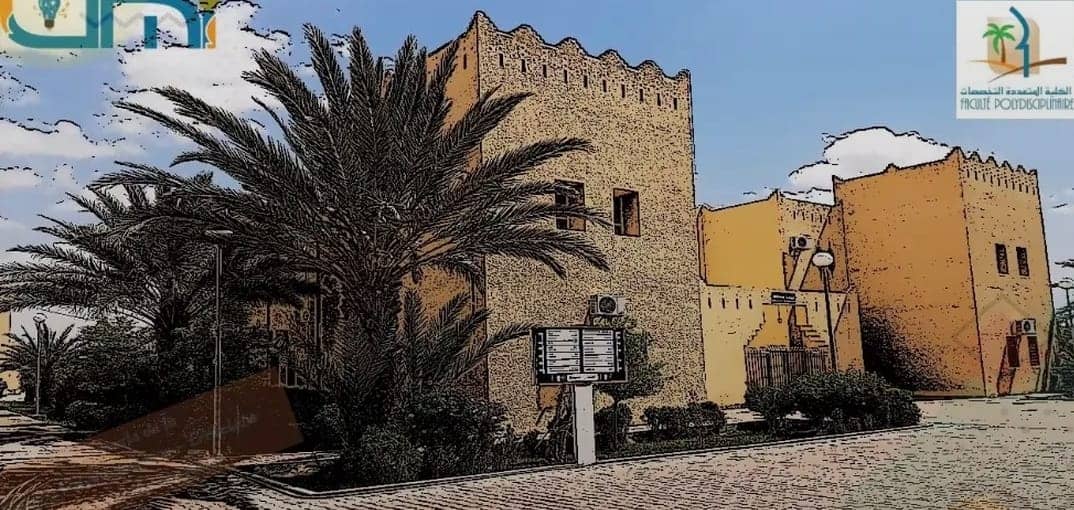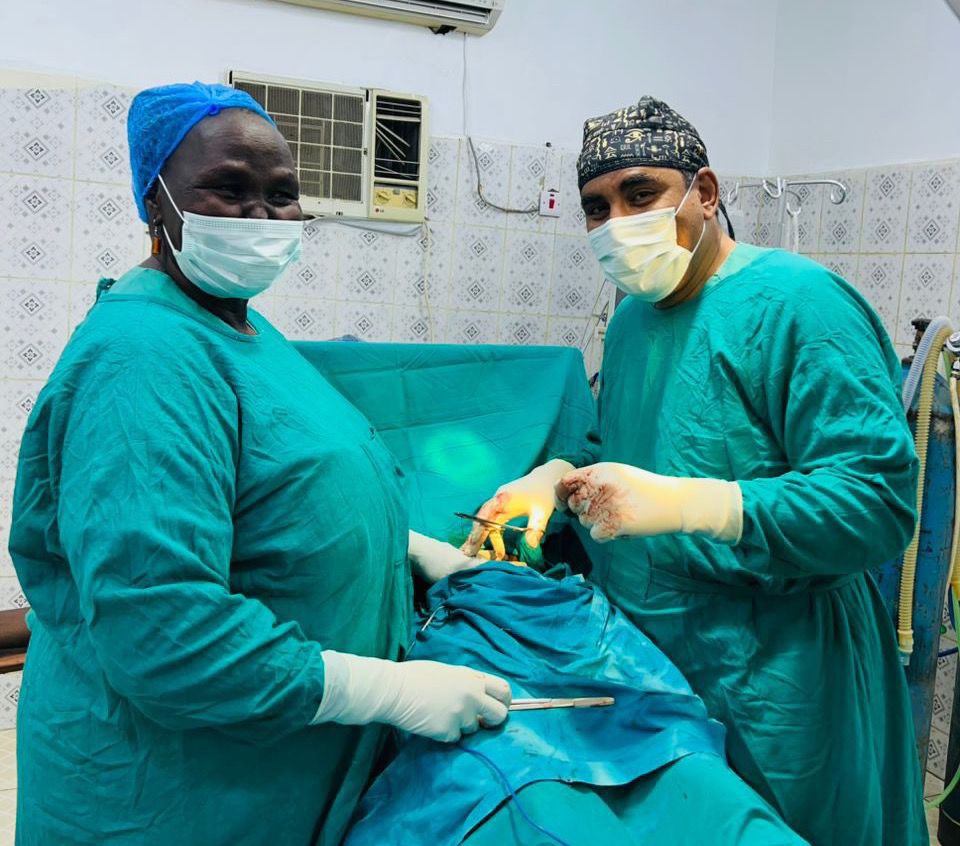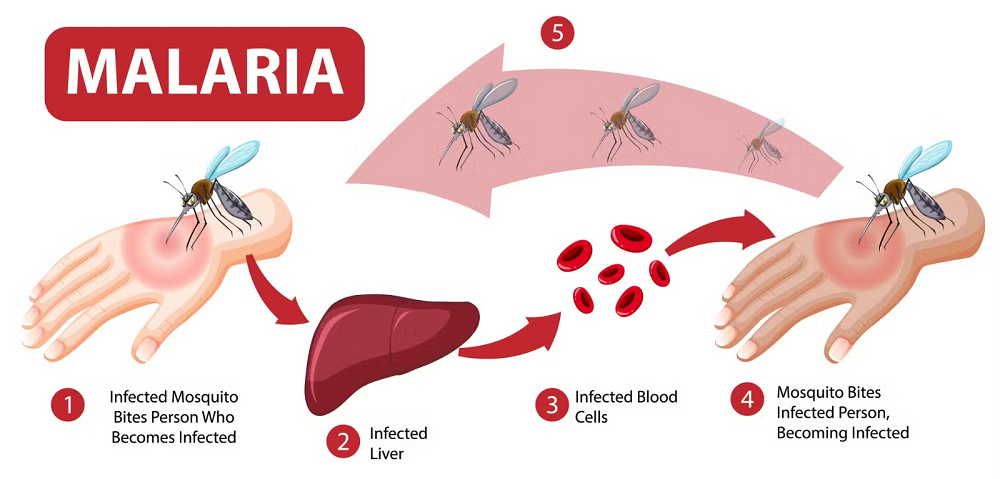African Identity... Roots That Never Die
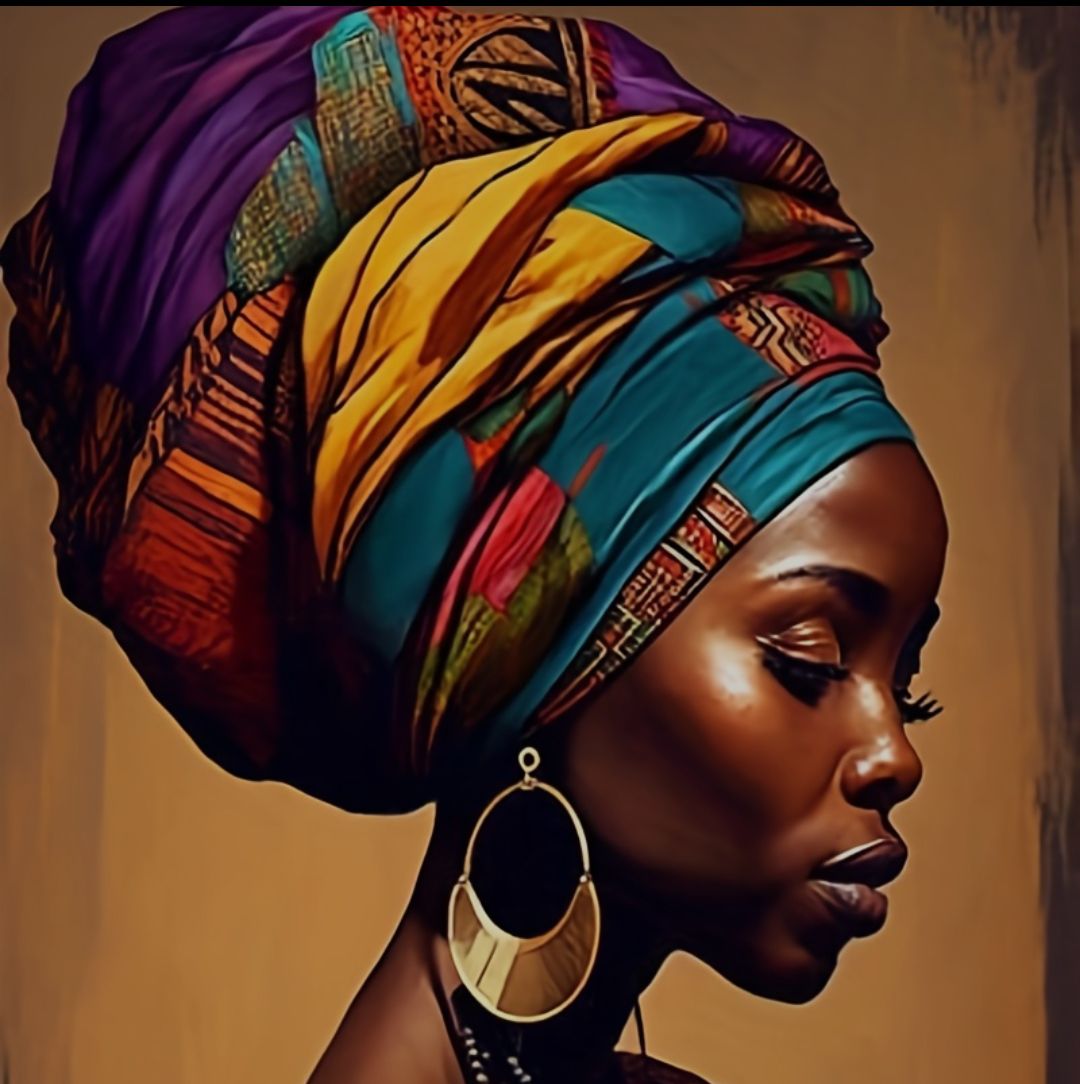
In a time when features change, cultures intertwine, and the winds of globalization blow from every direction, Africa — the Mother of Continents and the Lady of the Sun — stands tall like a palm tree against the storm, reminding her children that identity is not an ornament we wear, but a soul that lives within us.
The African human was born — and still lives — with the simplicity of the earth and the depth of the sky. In his face shines the light of the sun, in his heart flows the purity of the Nile, and in his steps dwells the wisdom of the ages. From the womb of struggle and the sweat of toil, civilizations were born that astonished the world: from the Pyramids of Giza to the kingdoms of Timbuktu, Nubia, Aksum, and Zanzibar — all living witnesses proclaiming: Here began humanity, here faith was born, and here the earth sang its first song of freedom.
And it shall continue to sing the song of eternity.
Yet today, African identity faces the trial of survival in an age of assimilation and loss. Between the western tide that dazzles us with its artificial glitter and the technological pull that steals our emotions, we may forget ourselves and be lost in the crowd — unless we hold firmly to our roots. Identity is not a prison; it is a bridge through which we cross to the world carrying our features as they are — unaltered, unmasked.
African identity is not confined to the color of the skin, nor to a dance or a traditional dress. It is a system of values that extends from generosity to courage, from solidarity to respect for the elders, and from love of homeland to devotion in work. It is that collective feeling of belonging that makes an African extend his hand to his brother before asking his name, tribe, or faith.
The greatest threat to identity lies in speaking with another’s tongue and thinking with another’s mind. Language is not merely a tool of communication; it is the vessel of memory and the mirror of thought. When our African languages die, the souls of our ancestors die with them. Thus, we must restore dignity to our mother tongues — teach them in schools, universities, and media — not as relics of the past, but as tools of thought and creativity.
Our culture is the river that binds the peoples of Africa — from the Atlantic Ocean to the Red Sea. In our music lies the warmth of the earth; in our dances, the pulse of the forest; and in our ancient tales, the wisdom of ancestors who turned myth into philosophy. African art is not luxury — it is an energy of survival that preserves the flavor of the soul.
In facing the invasion of consumerism, we must revive the simplicity that was once the secret of our beauty. The original African values — solidarity, loyalty, and selflessness — are the true fence that protects our spirit from inner exile. Identity lives only through morality, and morality thrives only through example, enlightened education, and honest media.
Building a strong African future does not begin in factories of iron, but in factories of awareness — in a school that teaches the child that pride in his black skin is pride in the sky that shaped his color; that he carries in his blood the memory of the mother continent that gave birth to prophets, thinkers, and reformers.
How beautiful it is to be global in our minds, and African in our hearts.
O Africans,
Carry Africa in your voices, in your features, in your dreams. Do not let her be just a map on the wall, but a living conscience within your soul. Let us rewrite our story with our own hands, engraving it in the memory of generations with the ink of dignity — not with borrowed pens.
For Africa is not merely a continent; she is the spirit of the universe when it smiles, the mother of civilizations when meaning is born from the ashes of pain.
Let us preserve her as we guard the last breath in our chests — for she is not just an identity…
She is life itself


